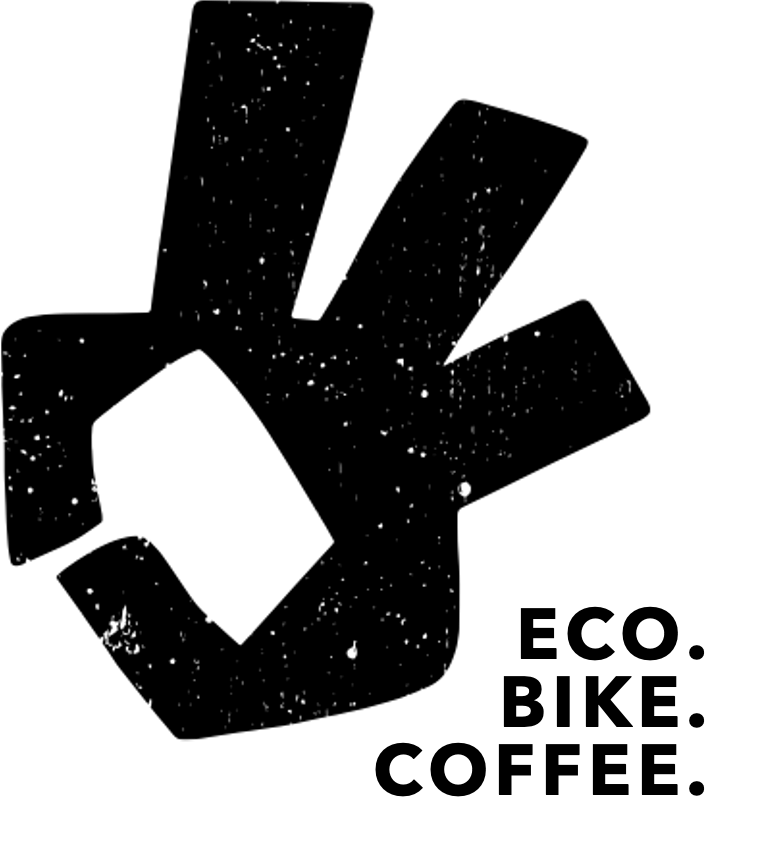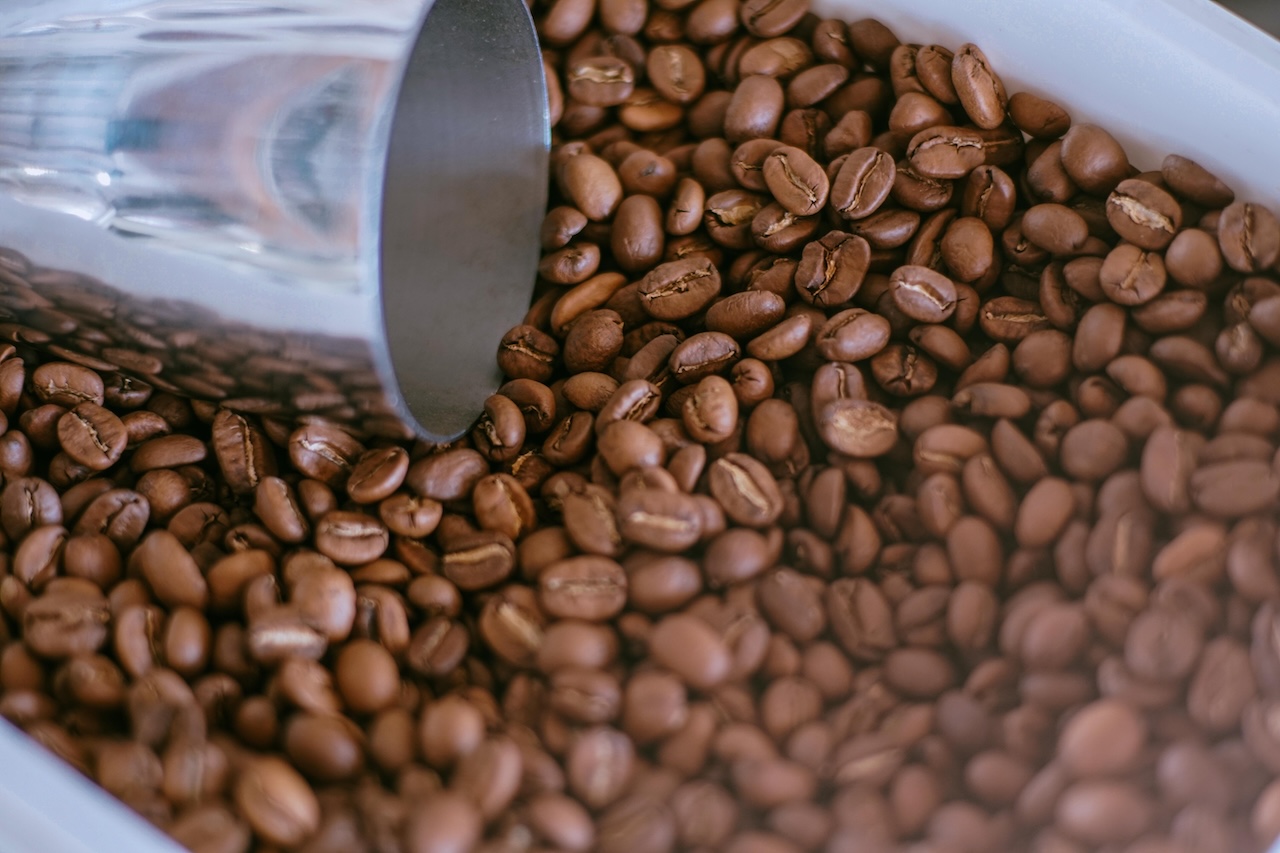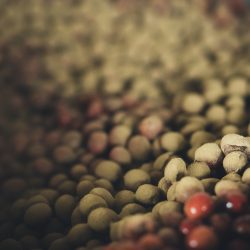As one of the most popular tourist destinations in the world, Bali is renowned for its breathtaking natural beauty. From pristine beaches and majestic mountains to serene lakes and enchanting waterfalls, the island offers countless scenic spots to explore. Beyond the landscapes, Bali also provides visitors with a wide range of exciting and immersive experiences — one of which is indulging in its rich coffee culture.
Among Bali’s abundant natural resources, coffee stands out as one of its most valuable and celebrated. The island is one of Indonesia’s top coffee-producing regions, especially known for its Arabica coffee. In 2021 alone, Bali produced 3,986 tons of coffee, with more than half of it grown and processed in the Kintamani highlands of Bangli. This has cemented Kintamani coffee as a beloved favorite both locally and internationally.
Kintamani coffee is typically cultivated alongside orange trees at elevations ranging from 900 to 1,500 meters above sea level. Interestingly, this unique agricultural pairing contributes to the coffee’s distinct citrusy flavor, often complemented by notes of chocolate and caramel. Moreover, the final taste of the coffee is also influenced by its processing method.
- The natural process results in a fruity cup with low acidity.
- The full-washed process produces a cleaner and milder flavor profile.
- The honey process enhances the sweetness of the coffee.
Taking innovation a step further, Kintamani Eco Bike Coffee even offers experimental coffee processed using koji fermentation. In koji process, we use Aspergillus oryzaespores to ferment the coffee, giving it more sweetness, longer aftertaste, and better acidity. It also unlocked a little umaminess which is impossible with any conventional processing method.
Whether you’re a seasoned coffee connoisseur or a curious traveler, a visit to Bali isn’t complete without experiencing the rich flavors and stories behind Kintamani’s signature coffee.


